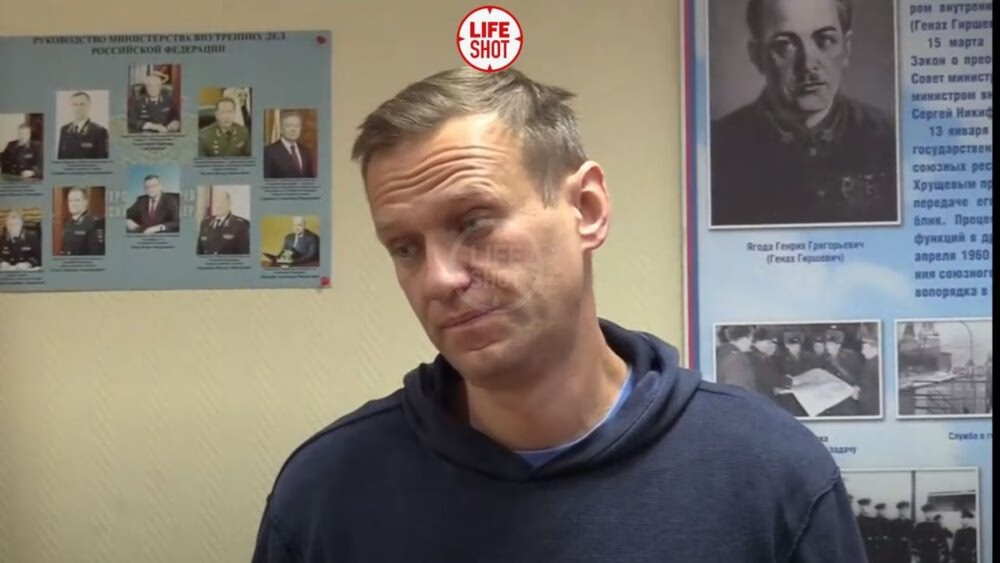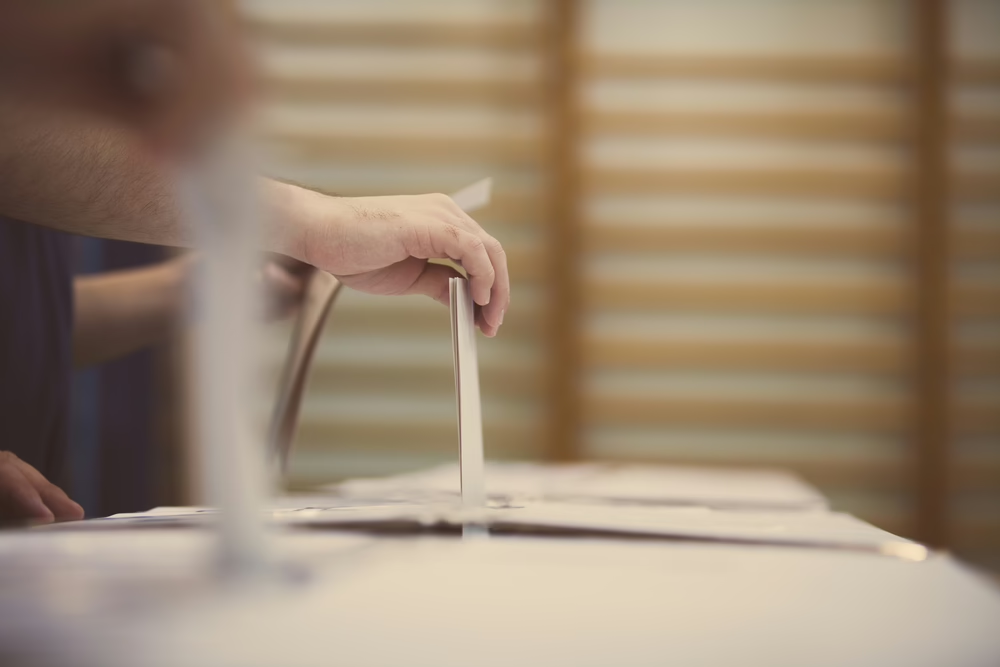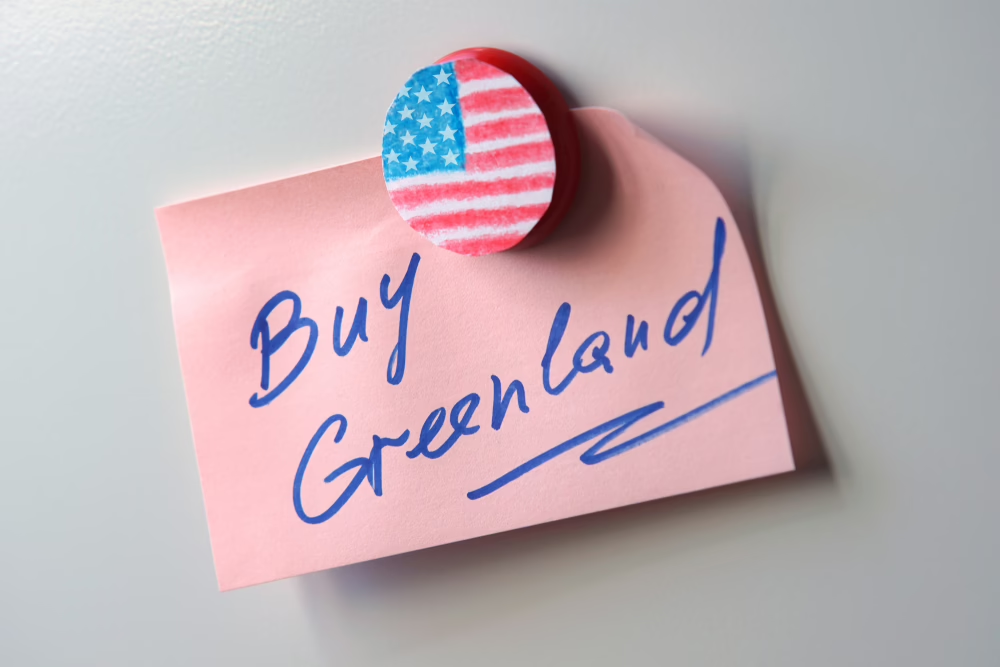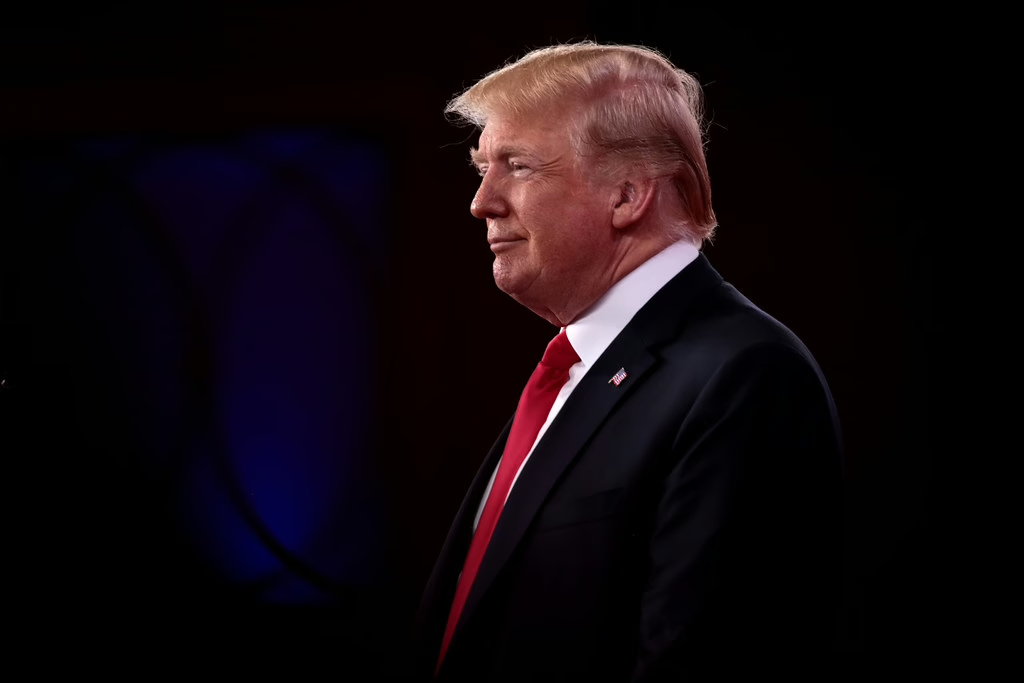Russian Opposition Leader Alexei Navalny Jailed After Returning to Russia
On Sunday, January 17th, mere minutes after anti-Putin opposition leader Alexei Navalny returned to Russia, he was taken into custody. Navalny’s decision to return to Russia, even after having been poisoned by the Soviet nerve agent Novichok in August, reaffirmed his willingness to take personal risks in order to fight against Russia’s dictatorship.
Navalny is one of Russia’s best-known dissidents, famous for his leading role in 2011 mass protests against electoral fraud, anti-corruption investigative journalism that counters state-controlled media, and efforts to unify anti-Putin opposition forces. After landing in Moscow, he was arraigned for violating the parole terms of a 2014 conviction (which the European Court of Human Rights said was itself illegitimate). His alleged violation is failing to visit the Russian authorities twice per month while he was recuperating in Berlin after those very same authorities had poisoned him.
Russian President Vladimir Putin has attempted to downplay Navalny’s significance, avoiding saying his name over the past month and calling him “the Berlin patient” or an “insignificant blogger” instead. However, Russian authorities dubiously:
- rerouted his flight shortly before it landed on false pretenses, diverting it from an airport at which opposition protestors had gathered;
- tried Navalny in the backroom of a police station into which only three, pro-Kremlin outlets were allowed;
- refused to let him see a lawyer until moments before the trial began;
- transferred him to the prison where attorney Sergey Magnitsky, who investigated Kremlin corruption and tax fraud, was killed.
These are bold actions to take against someone who is supposedly so insignificant. As Navalny awaits hearings for baseless parole-violation and fraud charges that could keep him behind bars for up to ten years, he posted videos online urging his supporters to keep fighting. Nationwide protests against his arrest are scheduled for this Saturday, January 23rd.
1. Why did Navalny return?
Navalny knew he would be arrested after returning to Russia: he has been jailed more than ten times since 2011, and was recently added to the country’s Federal Wanted List. Nonetheless, he came back. Why?
First and foremost, Navalny pointed out that “Russia is my country, Moscow is my city, and I miss it.”
Second, he likely hopes his return will galvanize opposition forces ahead of the September 2021 parliamentary election. With support for Putin’s United Russia (UR) party at historic lows, they stand a serious chance of losing their Parliamentary supermajority. Kremlin misconduct towards Navalny will only serve to highlight Putin’s corruption and bolster Navalny’s movement.
Third, by returning, Navalny has, in a sense, cornered Putin. Any action the Russian leader takes to crack down on Navalny and his supporters is an implicit acknowledgement of the threat they pose to Putin’s rule, challenging Putin’s public insistence that Navalny is unimportant.
Fourth, Navalny’s courage sends a message beyond Russia’s borders. In putting his career, safety, and even life on the line to thwart Putin, Navalny has led by example and empowered movements against illiberal and authoritarian regimes everywhere. Protestors in Belarus fighting Alexander Lukashenko’s repressive regime projected a huge portrait of Navalny’s face on a building. Unfree people the world over will be inspired by Navalny’s decision.
2. What can America do?
Secretary of State Mike Pompeo and incoming National Security Advisor Jake Sullivan both quickly denounced Navalny’s arrest. And shortly thereafter, news broke that the U.S. will sanction a Russian ship involved in constructing the lucrative Nord Stream 2 natural gas pipeline to Germany, a powerful gesture that Russian state gas company Gazprom says will threaten its bottom line.
However, two additional actions remain critical:
First, the government of the German state Mecklenburg-Western Pomerania is attempting to circumvent the Nord Stream 2 sanctions. The U.S. must exert pressure to ensure this doesn’t happen, or encourage Angela Merkel to do so.
Second, Navalny’s close ally Vladamir Ashurkov published a list of eight key enablers of the Russian kleptocracy whom he and Navalny agree must be sanctioned. This list would serve as a good starting point as the U.S. explores punitive actions.
Navalny’s bravery serves as an example. He is willing to risk his life for democracy. What are we willing to do?






